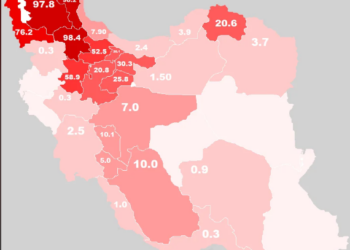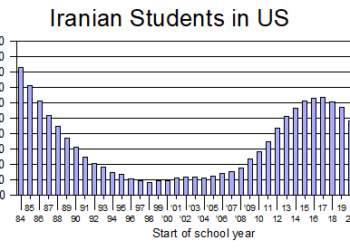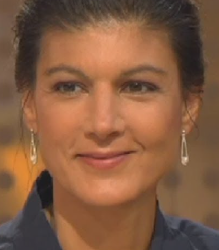March 15, 2019
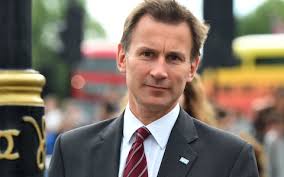
Nazanin Zaghari-Ratcliffe, the British charity worker jailed in Iran as a spy, has been granted exceptionally rare diplomatic protection by the UK government in an attempt to secure her release.
The decision escalates Zaghari-Ratcliffe’s case from a consular matter to a formal legal dispute between Britain and Iran and one that Foreign Secretary Jeremy Hunt said March 7 was “not made lightly.”
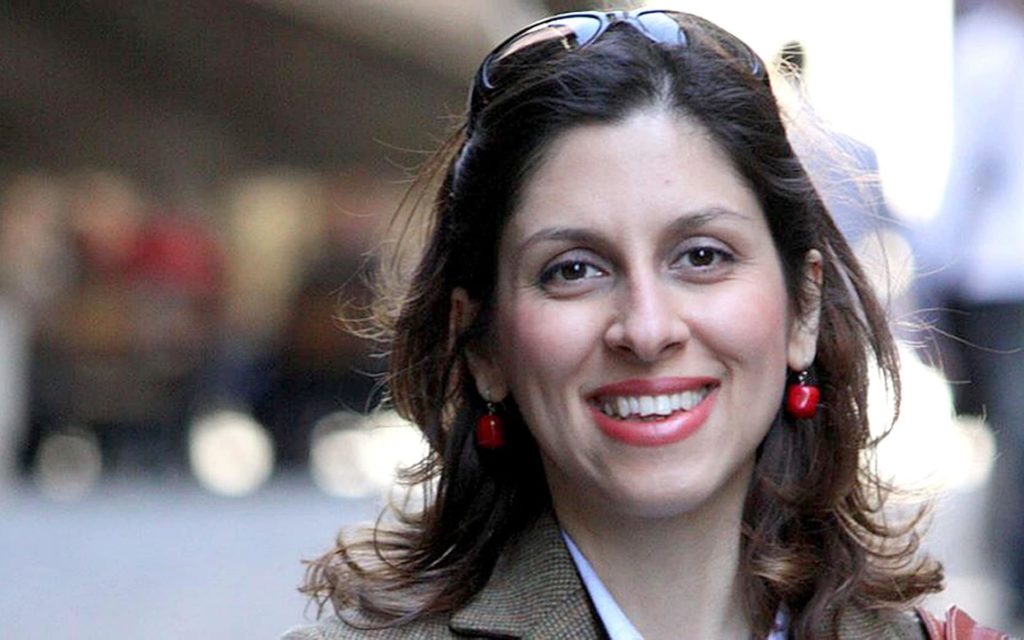
Zaghari-Ratcliffe, 40, has been denied access to her lawyer as well as to medical treatment, despite suffering a number of mental and physical health complaints.
Her continued imprisonment has worsened already-strained relations between the two countries. And Iran complained bitterly about Britain’s latest decision.
Hamid Baeidinejad, Iran’s ambassador in London, said on Twitter: “UK Govt’s extension of diplomatic protection to Zaghari contravenes int’l law. Govts may only exercise such protection for own nationals. As UK Govt is acutely aware, Iran does not recognize dual nationality. Irrespective of UK residency, Zaghari thus remains Iranian.”
As Baeidinejad should be acutely aware, that puts the Islamic Republic outside the world’s mainstream, where the right to change one’s citizenship—especially after marriage—is routinely recognized.
Zaghari-Ratcliffe, who had been working for the Thomson Reuters Foundation, the charitable arm of the Reuters news agency, was arrested in April 2016 at Imam Khomeini Airport when she and her then 22-month-old daughter, Gabriella, were about to return to the UK after a family visit.
During her subsequent trial, she was accused of running “a BBC Persian online journalism course” and seeking a “soft overthrow” of Iran.
The United Nations Working Group on Arbitrary Detention said Iran’s refusal to provide treatment for Zaghari-Ratcliffe, who is complaining of lumps in her breasts, was “arbitrary and unlawful” and may amount to torture.
Her British husband, Richard Ratcliffe, told the Telegraph of London after the Foreign Office announcement, “It is good that the UK is standing up so clearly for Nazanin. “Two foreign secretaries have been out to try to solve her case, an ambassador has been summoned, and plenty of promises have been made but not delivered on [by Iran]—particularly the continuing lack of health treatment. So it is time to signal enough is enough.”
The Foreign Office cautioned its decision was not a “magic wand,” but hoped it would increase pressure on Tehran where all other avenues have failed. Baeidinejad’s comments indicated that was not likely. The Foreign Office did not say whether inaction by Iran would prompt it to go to the World Court.
“I have today decided that the UK will take a step that is extremely unusual and exercise diplomatic protection,” Hunt said. “This represents formal recognition by the British Government that her treatment fails to meet Iran’s obligations under international law and elevates it to a formal state-to-state issue.
“I have not taken this decision lightly. I have considered the unacceptable treatment Nazanin has received over three years, including not just lack of access to medical treatment but also lack of due process in the proceedings brought against her,” he said.
“My decision is an important diplomatic step which signals to Tehran that its behavior is totally wrong. It is unlikely to be a magic wand that leads to an overnight result. But it demonstrates to the whole world that Nazanin is innocent and the UK will not stand by when one of its citizens is treated so unjustly.”
Hunt said the step now taken has not been used in more than a hundred years. The Foreign Office, in fact, could not point to a single instance where it had been used ever.
Diplomatic protection is a mechanism under international law through which a state may seek reparation for injury to one of its nationals on the basis that the second state has committed an internationally wrongful act against that person.
“It sends a very strong message to Iran: You are a great civilization, you may have disagreements with the UK, but at the heart of this is an innocent woman, vulnerable, unwell and scared,” Hunt said. “She should not be paying the price for whatever disagreements you have with the UK.”
















